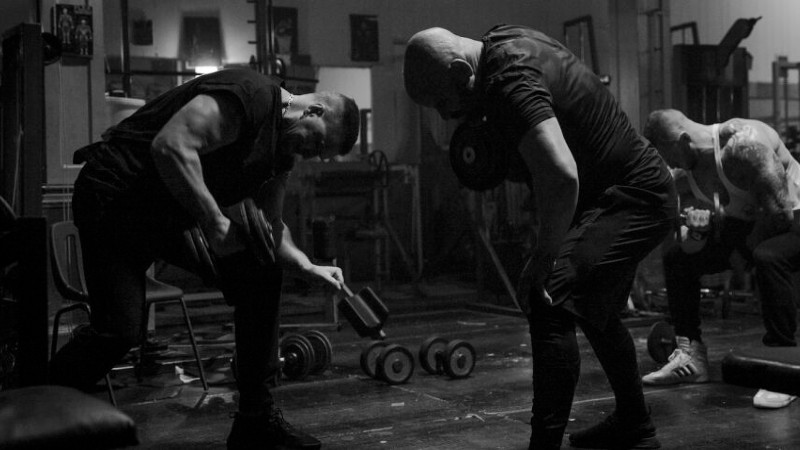QUICK SNAP: LIVE FROM THE TALLINN BLACK NIGHTS FILM FESTIVAL
Seven-year-old Gustavo has been acting weird during his English lessons. He does not speak at all, despite his lips moving. His colleagues have therefore nicknamed him “dead volume”. His drawings include a mysterious Japanese character, and his illustrations of mum and dad suggest there’s something wrong at home. Perhaps domestic violence? Otherwise, Gustavo is intelligent and gregarious. One evening, his seemingly sweet and doting teacher (Fernanda Vasconcellos) invites his parents (Julia Rabello and Daniel Infantini) for a discussion after everyone else has left the school and the building is seemingly empty.
Virtually the entire film takes place inside the classroom, packed with desks, books, children’s drawings stuck to the blackboard. Dead Volume would work as a theatre play, with just one setting and four characters (teacher, mother, father and a fourth one who I cannot reveal without spoiling the story; the boy himself is never seen). Both parents and the teacher seem genuinely concerned about the well-being of the child, an they suspect that the other side is hiding something from them. A real teacher versus parents battles ensues. Tension escalates and the three people resort to extreme measures in order to elicit information from the other side. Viewers keep guessing who is being dishonest.
Sadly, it isn’t just the school that is primary. The film script is on a very similar level. It starts out as an interesting psychological drama (with a very convincing Vasconcellos), but it quickly slips into a pool of random narrative devices. The plot is entirely absurd and incoherent, blending so many artifices that I’m never entirely sure where it’s trying to get. There is a drawing of a sexual nature, there are flavours of horror (the drawings of the mysterious Japanese character are rather creepy), an altercation on whatsapp, talks of bullying, fainting, a very strange telephone conversation and even violence. It gets so confusing that I lost interest for the final closure halfway through the 77-minute minute. The ending, perhaps unsurprisingly, is also silly and pointless.
Dead Volume is showing in Competition at the 23rd Tallinn Black Nights Film Festival. I doubt it will snatch any major prizes.









